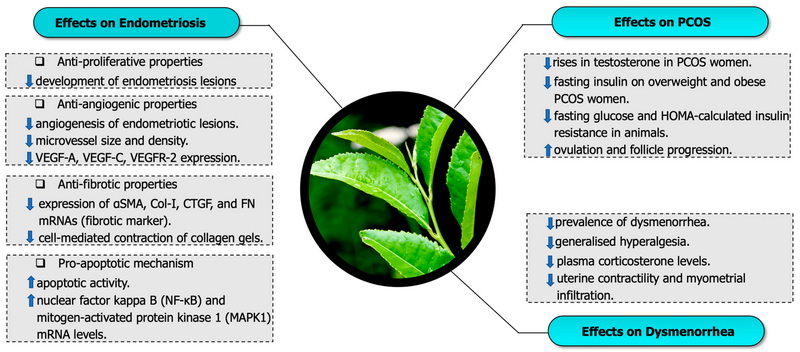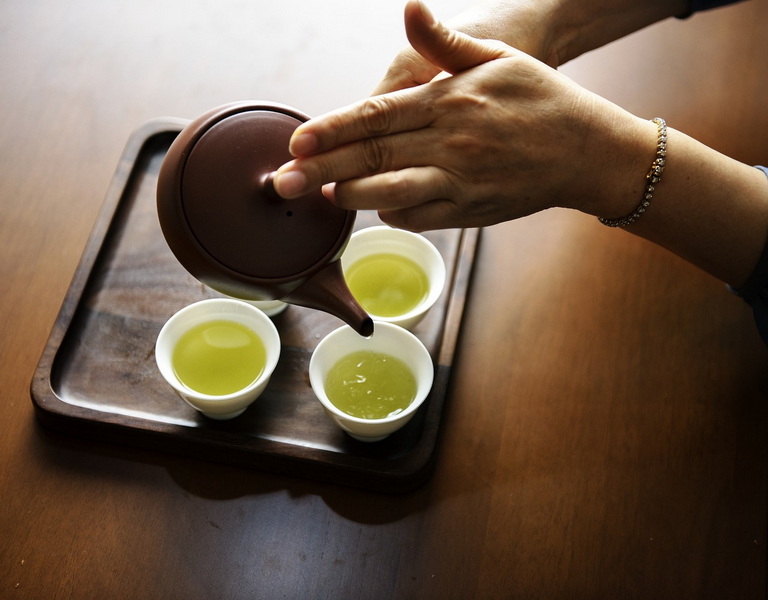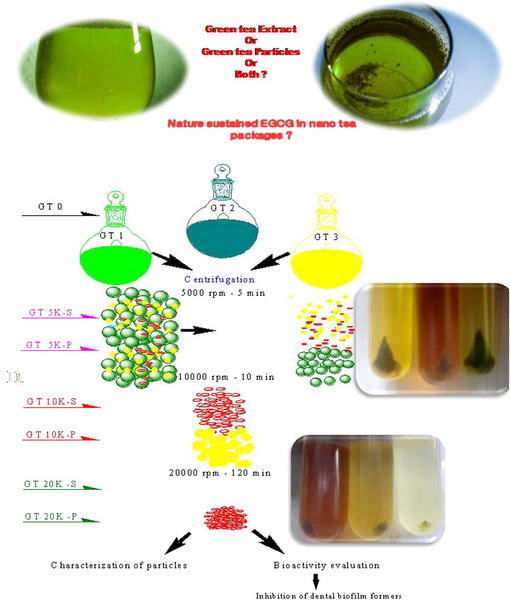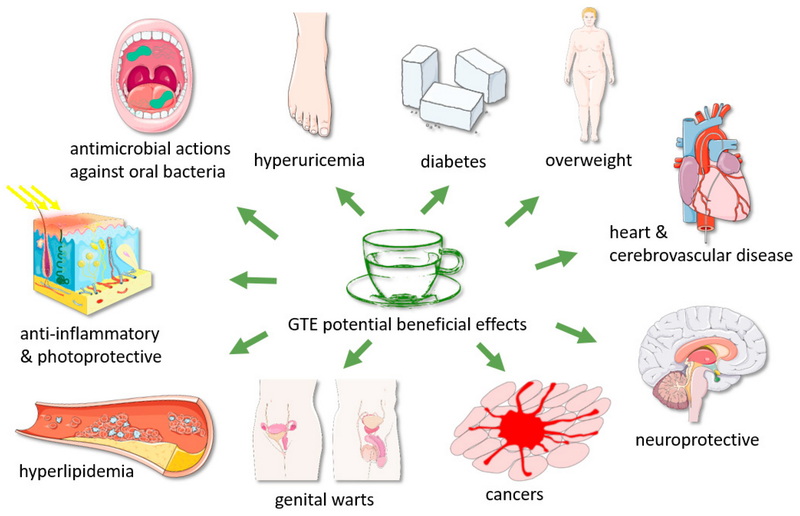Content Menu
● Understanding Green Tea and Its Extracts
>> Benefits of Green Tea
● Potential Risks of Green Tea During Pregnancy
>> Caffeine Content
>> Impact on Nutrient Absorption
>> Excessive Antioxidants
● Expert Recommendations
● Maternal Consumption Studies
● Benefits During Pregnancy
● Best Practices for Consumption
● Conclusion
● FAQ
>> 1. Is it safe to drink green tea during pregnancy?
>> 2. Can green tea affect folic acid absorption?
>> 3. How much caffeine does green tea contain compared to coffee?
>> 4. Are there any benefits to drinking green tea while pregnant?
>> 5. Should I avoid green tea altogether during my third trimester?
● Citations:
Pregnancy is a time of significant change, requiring careful consideration of dietary choices. Many women wonder about the safety of various foods and beverages, including green tea and its extracts. This article delves into the implications of consuming green tea extract during pregnancy, examining its benefits, potential risks, and expert recommendations.


Understanding Green Tea and Its Extracts
Green tea is derived from the leaves of the *Camellia sinensis* plant and is renowned for its health benefits. It is rich in antioxidants, particularly catechins, which are believed to contribute to various health benefits, such as improved metabolism and reduced risk of chronic diseases. Green tea extract (GTE) is a concentrated form of these beneficial compounds.
Benefits of Green Tea
- Antioxidant Properties: Green tea is packed with polyphenols that combat oxidative stress.
- Weight Management: Some studies suggest that green tea may aid in weight control during pregnancy.
- Cardiovascular Health: Regular consumption may help reduce the risk of heart disease.
- Mood Enhancement: Theanine, an amino acid present in green tea, may help alleviate mood swings during pregnancy.
However, while these benefits are appealing, pregnant women need to consider the implications of consuming green tea and its extracts.
Potential Risks of Green Tea During Pregnancy
Caffeine Content
One of the primary concerns regarding green tea consumption during pregnancy is its caffeine content. A typical cup of green tea contains approximately 20-50 mg of caffeine, which is significantly less than coffee but still noteworthy. The general recommendation for caffeine intake during pregnancy is limited to 200 mg per day. Exceeding this limit may pose risks such as:
- Increased heart rate
- Sleep disturbances
- Potential miscarriage risk
Impact on Nutrient Absorption
Another significant concern is that green tea contains catechins, which can inhibit the absorption of essential nutrients like folic acid and iron. Folic acid is crucial for fetal development, particularly in preventing neural tube defects. Studies have indicated that high consumption of green tea can lead to lower serum folate levels in pregnant women. Research has shown that women consuming more than three cups a day had lower levels of folate in their systems, increasing the risk for neural tube defects (NTDs) in their babies[3].
Excessive Antioxidants
While antioxidants are generally beneficial, excessive intake during pregnancy may lead to complications. Some research suggests that high levels of antioxidants could interfere with normal physiological processes necessary for fetal development.

Expert Recommendations
Given the potential risks associated with excessive consumption of green tea extract during pregnancy, healthcare professionals typically advise moderation. Here are some guidelines:
- Limit Intake: Consuming one cup (approximately 200 mg caffeine) per day is generally considered safe.
- Timing Matters: It may be wise to avoid green tea around the time you take prenatal vitamins to ensure optimal nutrient absorption.
- Consult Your Doctor: Always discuss dietary choices with your healthcare provider, especially if you have concerns about specific products or extracts.
Maternal Consumption Studies
Recent studies have explored the effects of maternal consumption of green tea extract during pregnancy. For instance, a study involving female Wistar rats showed that maternal consumption of GTE altered inflammatory status and metabolism in both mothers and offspring[1][2]. The findings indicated that while GTE did not promote weight gain or fetal malformations at certain dosages, it did lead to changes in inflammatory cytokines in adipose tissues. This suggests that while moderate consumption may not cause direct harm, it could influence metabolic programming in offspring.
Benefits During Pregnancy
Despite potential risks, moderate consumption of green tea can offer several benefits:
- Maintaining Blood Pressure: Fluctuating blood pressure is common during pregnancy. The antioxidants in green tea can help regulate blood pressure levels.
- Controlling Blood Sugar Levels: Green tea has been shown to assist in managing blood sugar levels, which can be particularly beneficial for women at risk for gestational diabetes.
- Skin Health: Hormonal changes can lead to skin issues during pregnancy; green tea's anti-inflammatory properties may help alleviate these problems.
- Boosting Immunity: Green tea can stimulate T-cells in the body, enhancing immune function and preparing the body for potential challenges.
Best Practices for Consumption
If you choose to include green tea in your diet during pregnancy, consider these best practices:
- Choose Quality Tea: Opt for organic or decaffeinated varieties to minimize exposure to pesticides and caffeine.
- Limit Intake: Stick to one or two cups per day to avoid excessive caffeine and catechin intake.
- Avoid Empty Stomach Consumption: Drinking green tea on an empty stomach can lead to nausea or digestive discomfort.
- Timing with Meals: Consume green tea at least two hours before or after meals to avoid interference with nutrient absorption.
Conclusion
In conclusion, while moderate consumption of green tea during pregnancy can be safe and potentially beneficial, it's essential to remain cautious about the amount consumed. The potential risks related to caffeine intake and nutrient absorption should not be overlooked. Pregnant women should prioritize a balanced diet rich in essential nutrients to support their health and their baby's development.

FAQ
1. Is it safe to drink green tea during pregnancy?
Yes, drinking moderate amounts (up to one cup per day) is generally considered safe.
2. Can green tea affect folic acid absorption?
Yes, catechins in green tea can inhibit folic acid absorption, which may increase the risk of neural tube defects if consumed in high amounts.
3. How much caffeine does green tea contain compared to coffee?
Green tea contains about 20-50 mg of caffeine per cup, while coffee typically has around 100 mg per cup.
4. Are there any benefits to drinking green tea while pregnant?
Moderate consumption may offer antioxidant benefits and support cardiovascular health but should be balanced with potential risks.
5. Should I avoid green tea altogether during my third trimester?
While it's not necessary to avoid it completely, some experts recommend limiting intake as excessive antioxidants may interfere with certain physiological processes.
Citations:
[1] https://pubmed.ncbi.nlm.nih.gov/29382887/
[2] https://www.nature.com/articles/s41598-018-20174-x
[3] https://mothertobaby.org/baby-blog/should-pregnant-women-get-the-green-light-to-drink-green-tea/
[4] https://www.youtube.com/watch?v=iBCsQ7kLbxc
[5] https://www.istockphoto.com/photos/pregnancy-herbal-tea
[6] https://www.researchgate.net/publication/322799630_Effect_of_the_consumption_of_green_tea_extract_during_pregnancy_and_lactation_on_metabolism_of_mothers_and_28d-old_offspring
[7] https://journals.plos.org/plosone/article?id=10.1371%2Fjournal.pone.0199969
[8] https://www.lybrate.com/topic/green-tea-during-pregnancy/2c2b8a2f570eee402e3f2b87f1a7c4df
[9] https://pmc.ncbi.nlm.nih.gov/articles/PMC6051583/
[10] https://www.semanticscholar.org/paper/b89638b190cc5111b7586235eae9d914ed042957































